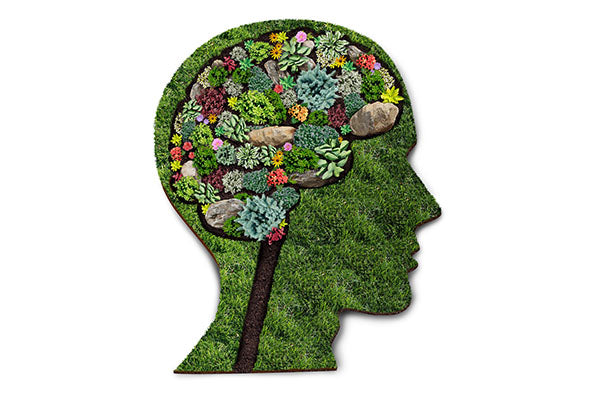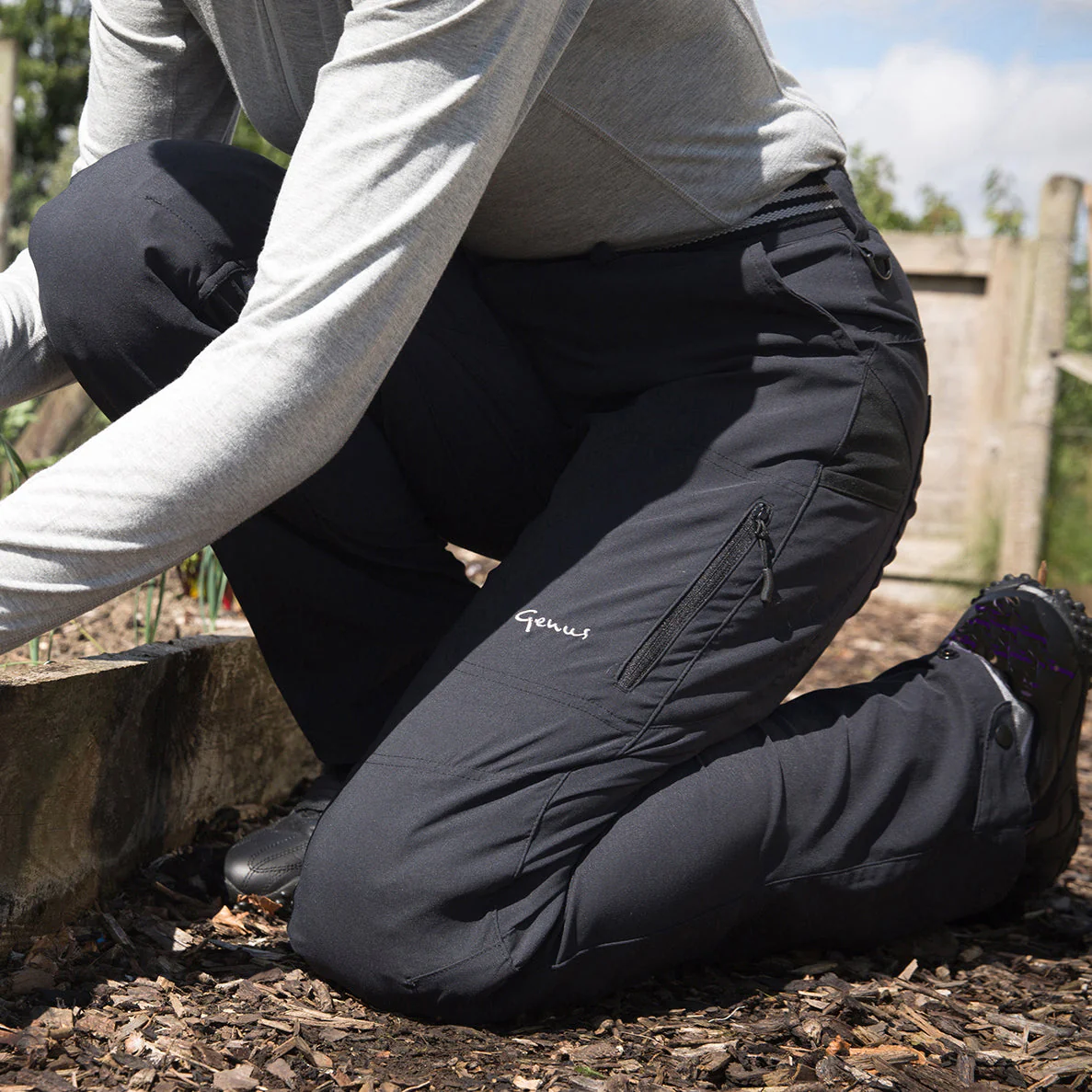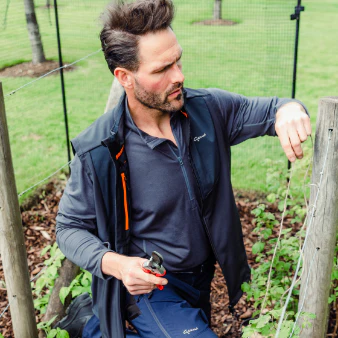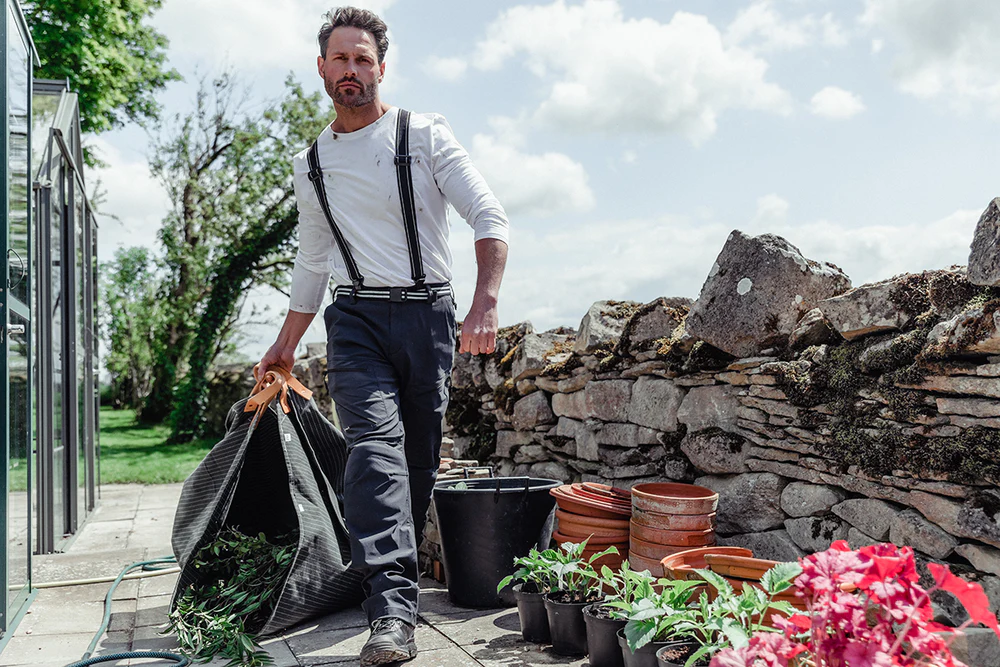Body, soul and gardening - gardening for mental health

One of the many wonderful things about gardening is that it helps us cultivate our ability to nurture. As humans, caring for something is intrinsically rewarding and mood-enhancing, says the psychiatrist and psychotherapist Sue Stuart-Smith in her fascinating book ‘The Well Gardened Mind.’
The value of caring is that the focus is on the needs of something other than ourselves. This, says Stuart-Smith, is what we’re losing sight of in our contemporary society where the emphasis is on ‘self-improvement and self-investment’ - to the extent that we’re seeing rising levels of depression and anxiety as a result. Yet, nurturing something can help make us feel calmer and more content, less stressed and less likely to feel depressed. This is backed up by science, she explains, as when we care for something we release the feel-good bonding hormone oxytocin and beta-endorphins, the brain’s natural opiods’.
On a psychological level, becoming responsive to the requirements of our seedlings and plants, rather than on our own needs, immerses us in a way that is soothing for the mind and gives it a psychological break. And seeing your plants flourish as a result of that care, or growing and eating your own edibles, is hugely rewarding. Stuart -Smith describes making things grow as having ‘a kind of mystery to it and we can claim some of that mystery for ourselves.’ We really only gave the seeds what they needed – but we can still feel pride and satisfaction at being green-fingered enough to make it happen.
Yes, gardening takes work and daily effort but while our plants are being watered, fed, deadheaded and nurtured this summer, so too are we being refreshed and replenished.











